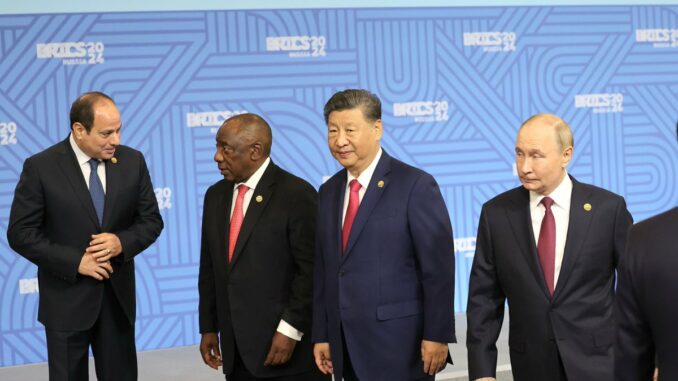
Congratulatory messages from leaders all across Africa to Donald Trump on his decisive election victory have been pouring in, with some hailing the return of transactional politics, while many others expressing concerns especially about what impact a looming new era of US protectionism will have on Africa and the current global trade dynamics in general.
World’s first country to formally recognize the independence of the United States and a close and strong ally in the continent, Morocco sent a warm message to congratulate Donald Trump for his comeback to the oval office as both countries share many upcoming political and economic issues.
Also of the big African powers, Egypt’s Abdel Fattah el-Sisi and Ethiopia’s Abiy Ahmed, who may have a vested interest in Trump winning the presidency, were quick to send congratulations. The former was never invited to the White House during the Joe Biden administration, while his government’s $10m donation to Trump campaign in 2016 was investigated by the US, though no charges were ever laid. Ahmed’s quick reaction is also hardly surprising given that former Trump envoy to the Horn of Africa, J. Peter Pham, essentially backed Ethiopia in its spat with neighboring Somalia when he described as “existential” Ethiopia’s access to a coastline. Also Nigeria’s Bola Tinubu to South Africa’s Cyril Ramaphosa have congratulated Trump on his victory, with the latter looking forward to “continuing the close and mutually beneficial partnership between our two nations across all domains of our cooperation.”
But others, such as economist Charlie Robertson, caution that “Africa will again be seen from Washington through the geopolitical prism – as we saw in the Cold War, and 2017-19 with Trump… with China as the enemy, instead of Russia.” For Raymond Parsons, an economist from North West University Business School, the decisive election mandate has strengthened political certainty within the United States, while also heightening market volatility and uncertainty elsewhere, including among emerging economies. The prospect of higher protectionism under the upcoming Trump administration will likely impact countries, such as South Africa that “as a small open economy, […] has a vested interest in the multilateral trading system,” Parsons commented. To ensure that President Trump listens to what Africans want, the Afreximbank has reportedly hired top lobbying firms to launch a $300,000 campaign to renew the African Growth and Opportunity Act (AGOA) amid increasing concern that the 24-year-old corner-stone of US economic polity toward the continent may be in trouble.
